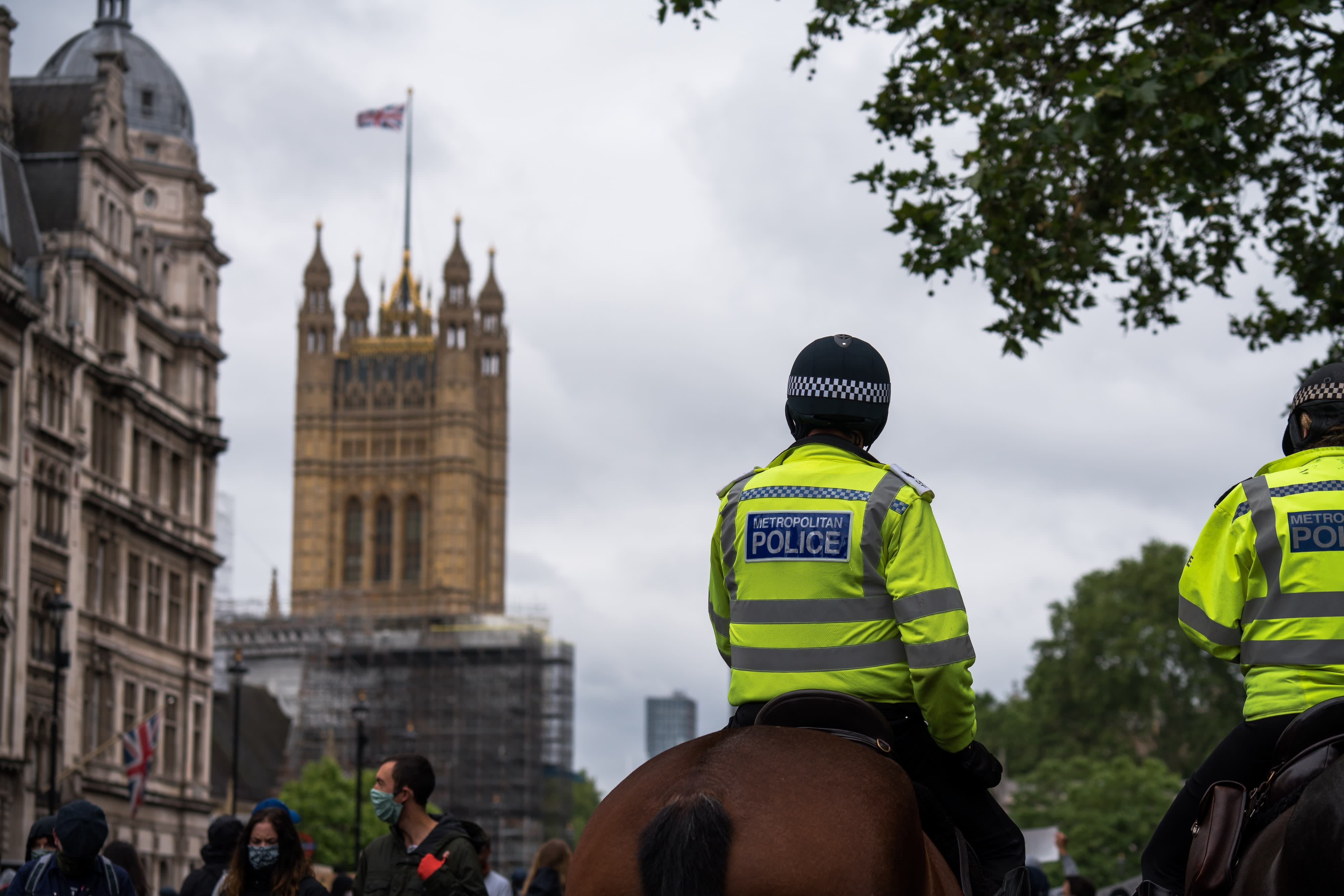
Targets range from the state, to oligarchs and businesses, with the impact already being felt by everyday consumers and workers.
Since the invasion, the UK has been particularly active in its targeting of Russian oligarchs who have used the country as a place to store wealth and mask the facilitation of illicit activities.
While successive governments have been made acutely aware of such activities, the action to monitor and deter has fallen well short of the mark until now.
The events leading up to the passing of the Economic Crime (Transparency and Enforcement) Act on March 15 reflects the broader challenge the UK must now contend with.
The formative stages of the act can be traced back to December 2019 when the Treasury Committee identified regulatory and legislative failings in how economic crimes were tackled.
This was followed by an inquiry into economic crime, which concluded that economic crime is both on an upward trend and not a priority for law enforcement.
Previous action had been taken, instigated by Russia’s annexation of Crimea in 2014, which first led to questions around the UK as a safe haven for assets held by oligarchs.
> The action to monitor and deter has fallen well short of the mark until now
In 2018 the Sanctions and Anti-Money Laundering Act was implemented, which allowed for sanctions on the grounds of human rights abuse.
The Economic Crime Act has also not been without its controversies.
In January 2022, a minister publicly resigned in response to what he perceived to be the government’s lacklustre attempts to tackle fraud, claiming his colleagues were planning on delaying the bill for another year. Evidently, the Russia and Ukraine conflict has rapidly sped up the legislative process.
The problem is that while the legislation does plug relevant gaps, the process of ensuring legislation is adequately upheld by public bodies, banks and businesses is falling well short of what is needed in relation to the scale of the problem.
According to global anti-corruption organisation Transparency International, at least £1.5bn of UK property is owned by Russian nationals with either close ties to the Kremlin or who have already been accused of financial crime in the past.
The question beckons: is the Economic Crime Act a case of too little, too late?
Moving beyond policy rhetoric
The success of the Economic Crime Act, and indeed all financial sanctions placed on Russia, will boil down to how they are effectively implemented.




